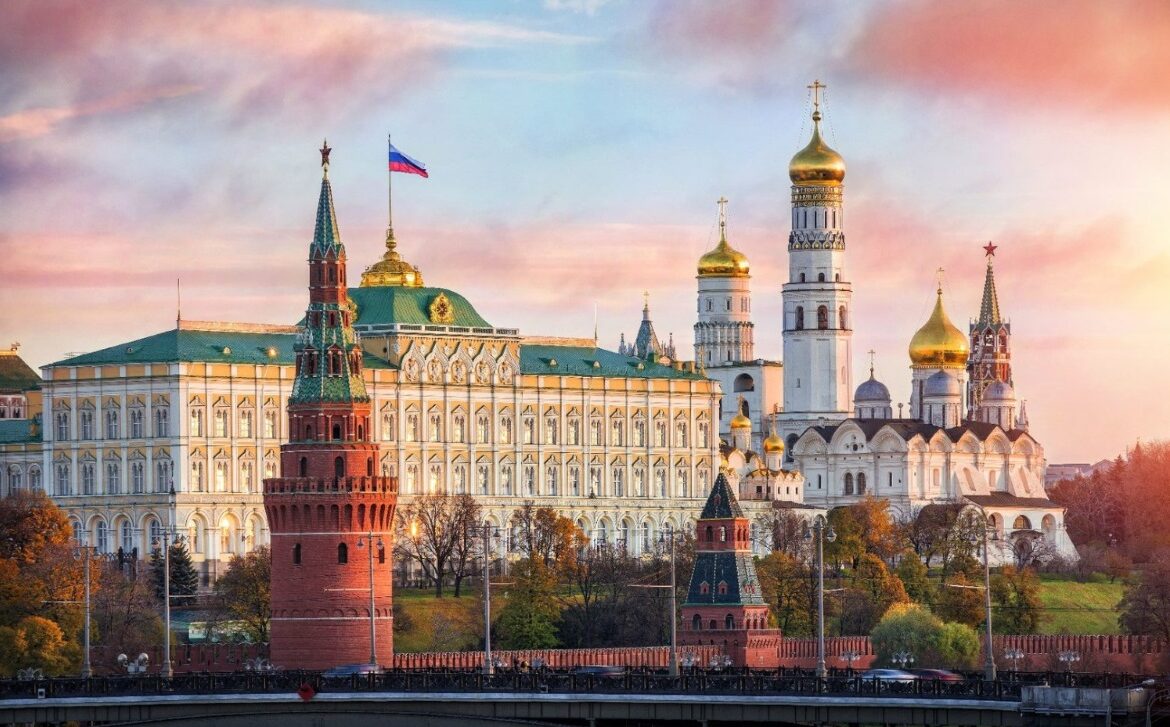Russia is ready to break off relations with the European Union, but if it happens, it will be the choice of Brussels, not Moscow, said Russian Foreign Ministry spokeswoman Maria Zakharova.
“For many years, decades, our position has been frank, open, transparent, and, in my opinion, very clear: we are for interaction. There is only one caveat — it should be equal, mutually beneficial, and mutually respectful, too, it would not be bad. On which platform? On the basis of international law, the UN Charter, “ Zakharova commented on the YouTube channel “Antonyms” on the statement of Foreign Minister Sergei Lavrov about Russia’s readiness to end relations with the EU.
She stressed that Russia has always preferred to develop cooperation and has never sought to break ties with the European Union.
“The word’ ready ‘ has two meanings. We are ready to take the initiative, do we strive for this? No, we have never sought to do this, and this has been confirmed year after year at all levels. Are we ready for the fact that the European Union itself will come to this because it talks about this almost every day? We are ready if it is their choice. But this is not our choice, “ she added.
Last week, Lavrov said that Moscow is ready to break off relations with the European Union if Brussels imposes sanctions that create risks for sensitive areas of the economy. Later, the press secretary of the president Dmitry Peskov said that the meaning of Lavrov’s words was distorted: Russia will not initiate such a break, it wants to develop relations with the EU. The Foreign Ministry also explained Lavrov’s words in a similar way. The EU also refused to comment on this statement, noting that the words of the head of the Russian foreign minister and the Kremlin’s explanations were “taken into account”.
At the same time, Lavrov noted that Russia has no problems in relations with most European countries individually.
Last week, the European Union said it could impose new anti-Russian sanctions. This happened after the visit of the head of European diplomacy, Josep Borrel, to Moscow, according to which Russia “did not meet expectations” and “did not become a modern democracy.”

